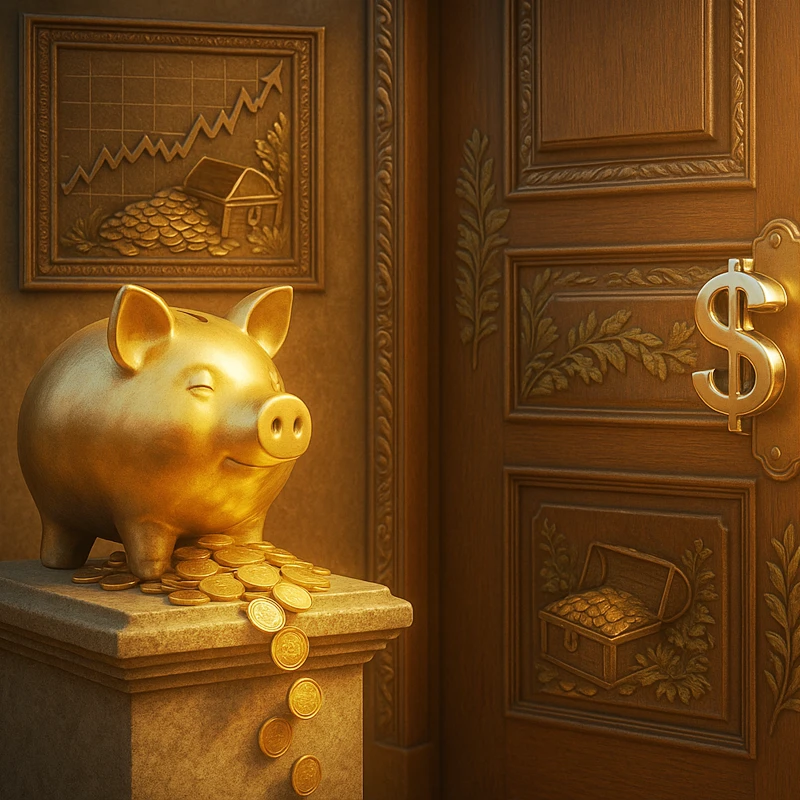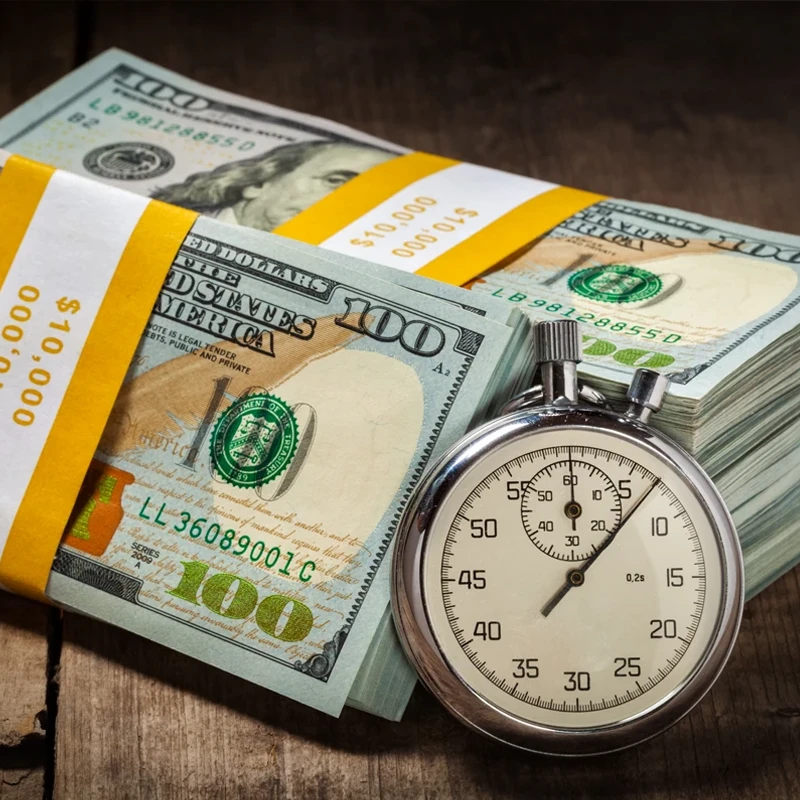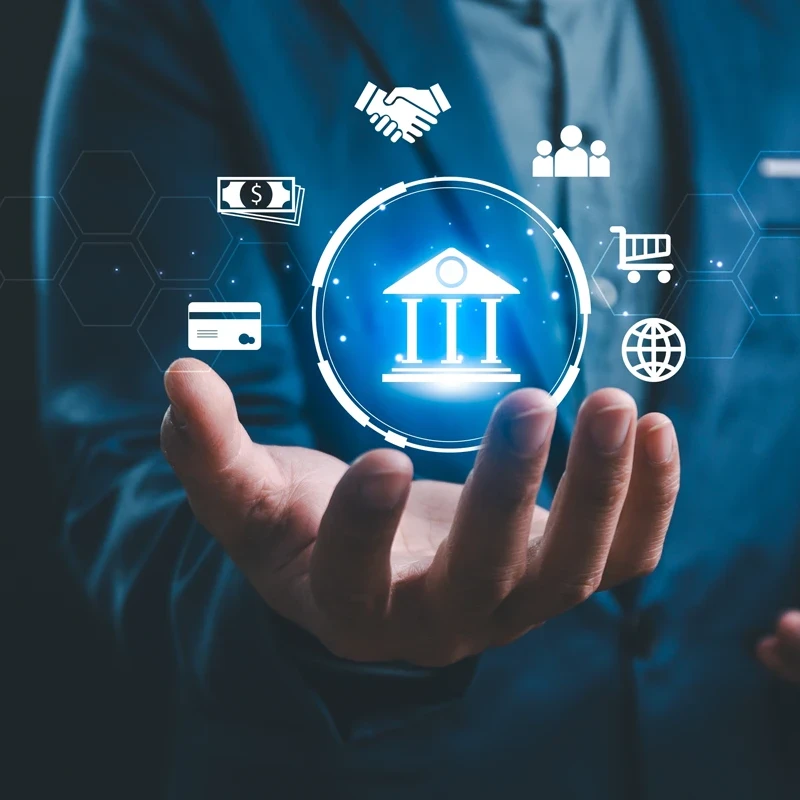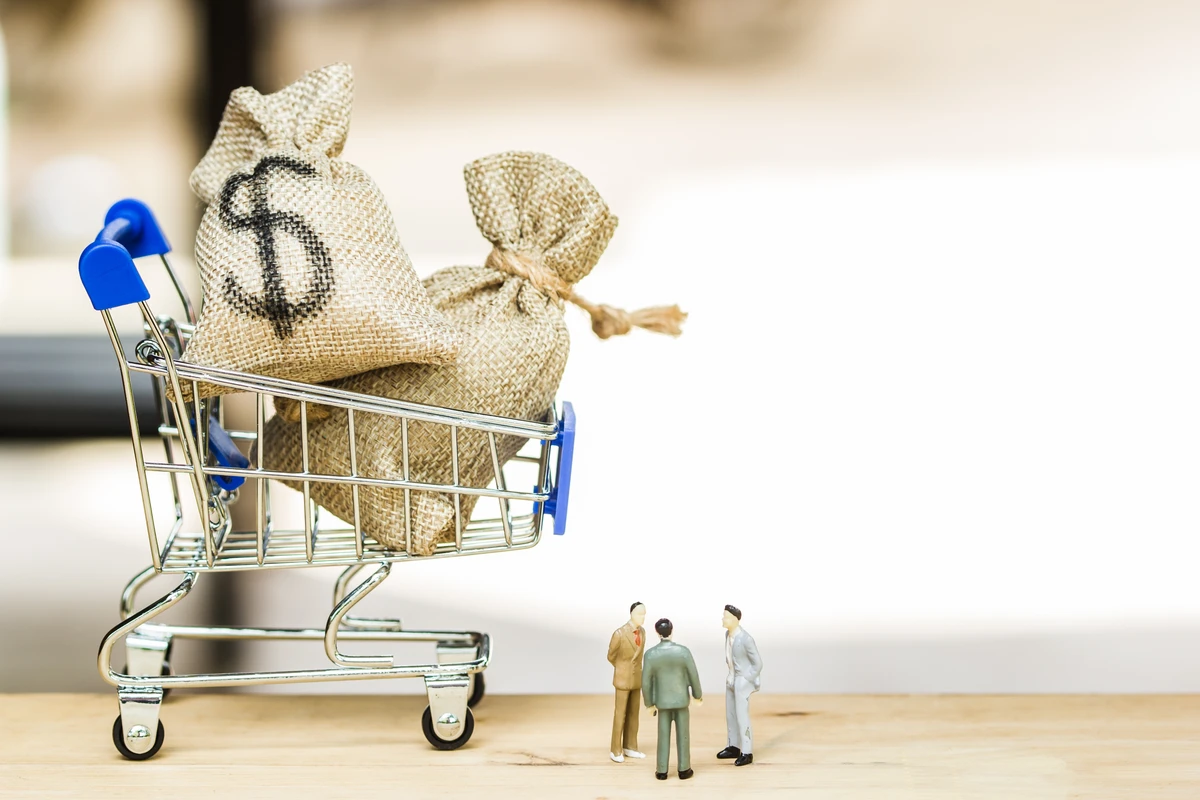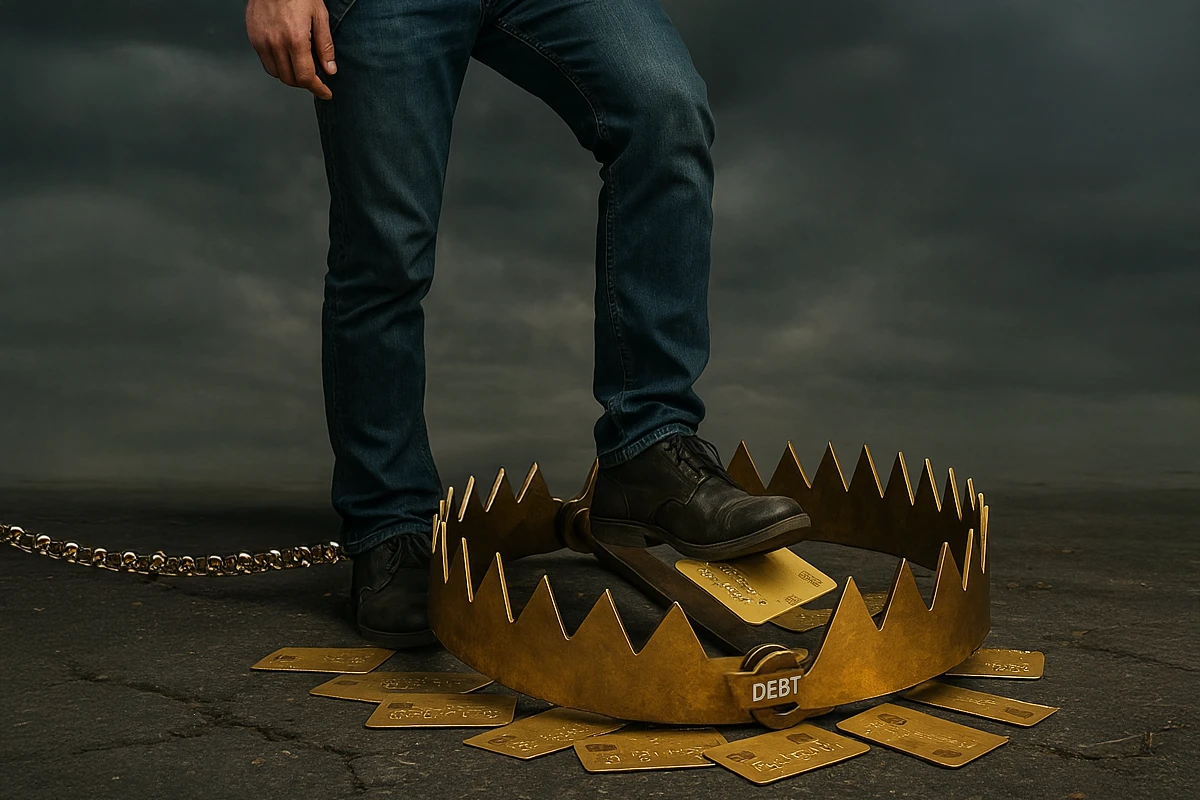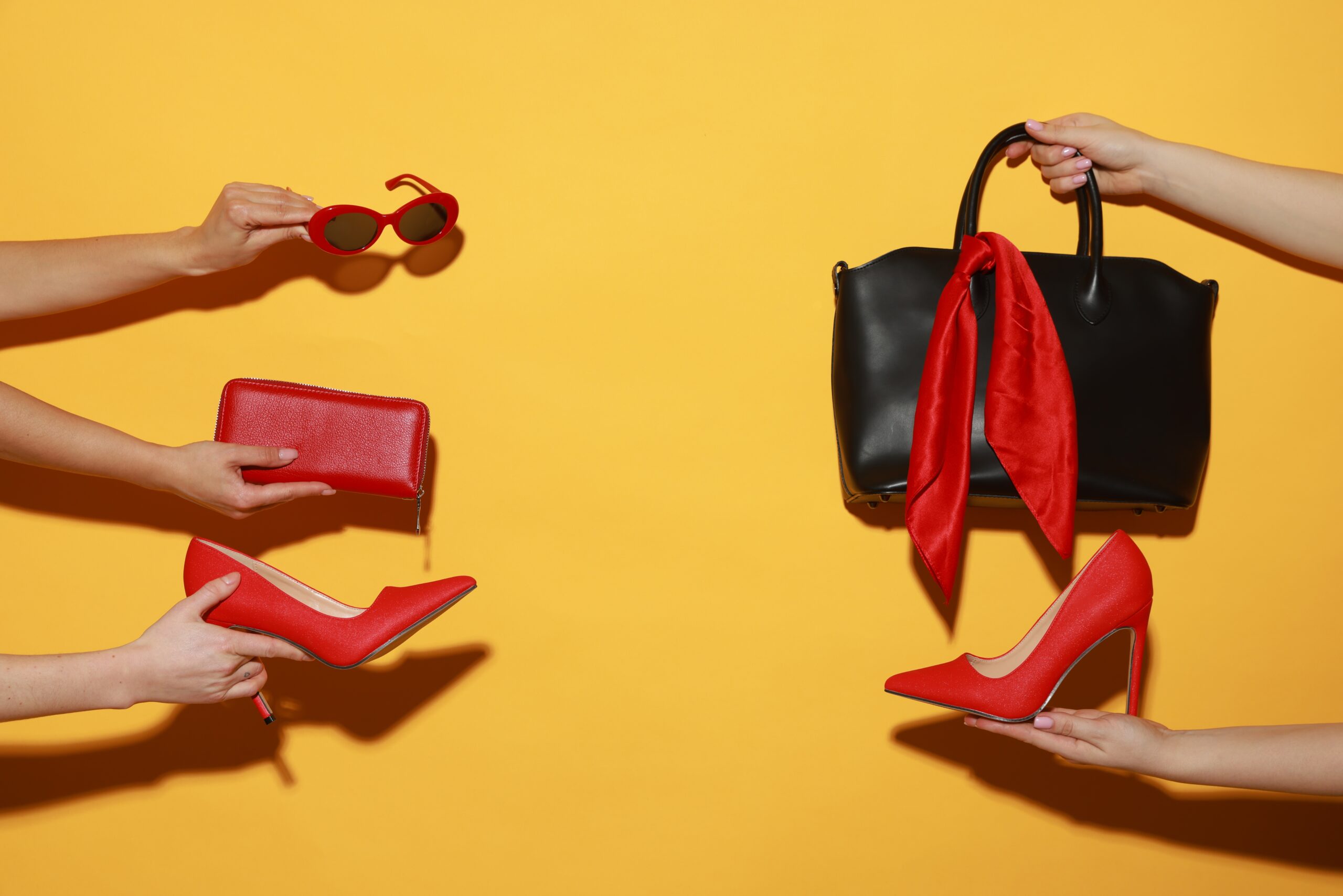Let’s talk about one of the most persistent pieces of financial advice floating around the internet, your group chat, and probably your cousin’s Instagram story: “Always finance big purchases.” It sounds smart, right? Like something a money-savvy adult would say while sipping an oat milk latte and casually scrolling Zillow. But here’s the thing — it’s not just misleading. It’s expensive, stress-inducing, and often a fast track to debt you didn’t actually need.
So let’s break it down. Why is “Always finance big purchases” such bad advice? And what should you do instead if you want to keep your bank account happy and your stress levels low?
😬 The Emotional Toll of “Always Finance Big Purchases” — Why It’s Not Just About Money

Let’s get real: when you always finance big purchases, you’re not just signing up for a payment plan — you’re signing up for a low-key emotional rollercoaster. And not the fun kind with cotton candy and a photo booth. We’re talking the kind where your stomach drops every time your bank app pings you with a “payment due” notification.
🧠 The Mental Load of Monthly Payments
Every time you finance something — a couch, a laptop, a vacation you definitely needed — you add another item to your mental checklist. Another due date. Another line item in your budget. Another “Oh crap, did I pay that?” moment while brushing your teeth.
When you always finance big purchases, your brain becomes a revolving door of financial anxiety. Even if the payments are small, the cumulative stress is real. You’re constantly managing, tracking, and worrying — which takes energy away from things that actually matter, like building wealth, planning your wedding, or enjoying your life.
🛍️ The Guilt Spiral of Impulse Financing
Let’s talk about the guilt. You see the perfect dining set. It’s $1,200. You don’t have $1,200, but the store offers “easy monthly payments.” You click. You buy. You feel amazing… for about 24 hours. Then the buyer’s remorse creeps in. You start questioning your decision. You wonder if you should’ve waited. You feel guilty for not saving first.
This is the emotional tax of impulse financing. When you always finance big purchases, you’re more likely to buy things you didn’t plan for — and less likely to feel good about them long-term.
💪 The Confidence Boost of Saving First
Now flip the script. You save up for that same dining set. It takes three months. You track your progress. You celebrate small wins. You finally buy it — in full. And guess what? You feel like a financial superhero. No guilt. No stress. Just pride.
Saving before spending builds confidence. It reinforces your ability to plan, prioritize, and follow through. It’s not just a financial win — it’s an emotional one.
Bottom line: When you always finance big purchases, you’re not just paying interest — you’re paying with your peace of mind. And that’s a price tag no one talks about.
💸 The Real Cost of Financing: It’s Not Just the Price Tag
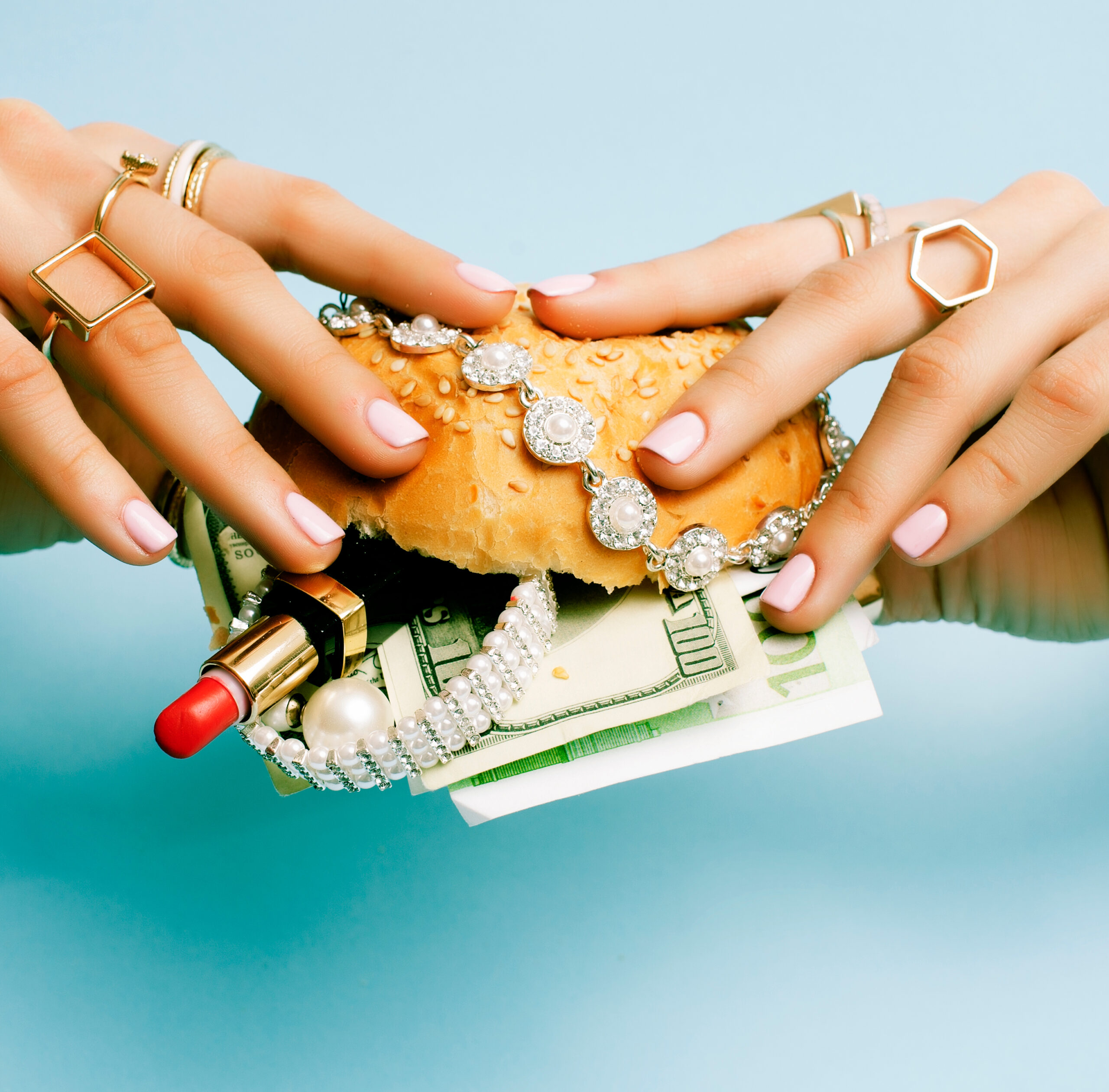
When you hear “Always finance big purchases,” what they don’t tell you is that financing is rarely free. Sure, the ad says “0% APR for 12 months,” but blink wrong and suddenly you’re paying 24.99% interest because you missed a payment by 30 seconds. Cute.
Let’s say you finance a $2,000 couch. You’re told it’s “just $89/month!” for two years. Sounds manageable, right? Except you end up paying $2,300 after interest and fees. That’s $300 you could’ve spent on a weekend getaway, a therapy session, or literally anything more joyful than interest.
And if you’re juggling multiple financed purchases — a couch here, a Peloton there, maybe a fridge that died unexpectedly — those monthly payments start to feel like a second rent. When you always finance big purchases, you’re not just buying stuff. You’re buying stress, obligation, and a monthly reminder that you didn’t wait.
🧠 Why Saving First Is the Real Power Move
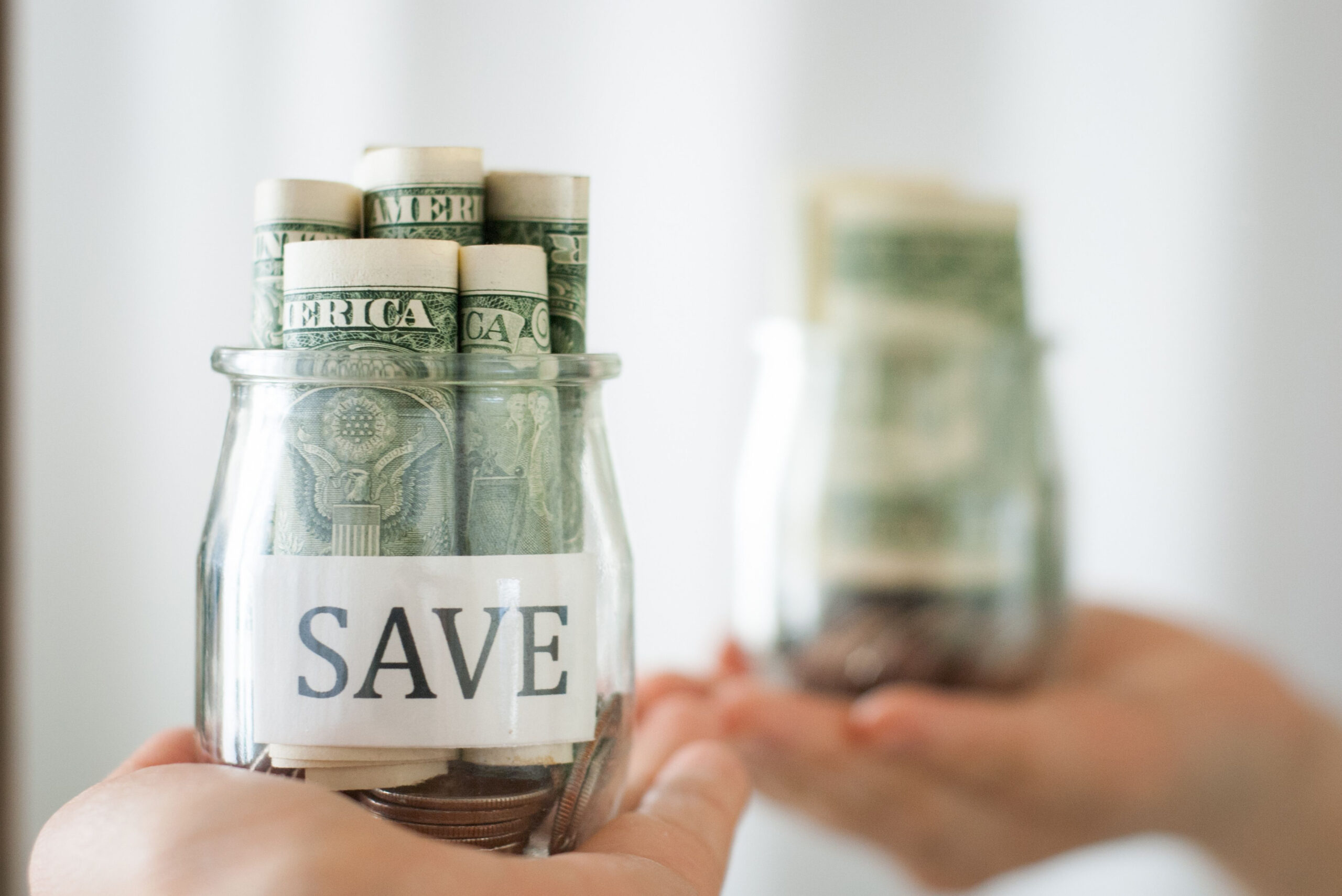
Here’s the truth bomb: saving before you spend is the ultimate flex. It’s the Beyoncé of financial strategies — elegant, intentional, and immune to impulse.
When you don’t always finance big purchases, you:
Avoid interest and fees (aka the “debt tax”)
Get better deals (cash buyers often score discounts)
Make smarter decisions (because saving forces you to ask, “Do I actually want this?”)
Saving also builds confidence. You’re not hoping your credit card doesn’t explode — you’re walking into that purchase like a boss who planned ahead. And let’s be honest: delayed gratification is sexy. It’s the financial equivalent of texting back after three hours instead of three seconds.
Plus, when you always finance big purchases, you’re outsourcing your financial decisions to lenders and marketing teams. When you save first, you’re the one calling the shots.
🛠️ When Financing Might Make Sense (But Only If You’re Strategic)

💡 Better Advice: Save First, Finance Wisely
Okay, let’s not pretend cash is always an option. Life happens. Cars break down. Your AC dies in July. Your dog eats your AirPods. Sometimes, financing is the only way forward — and that’s okay.
Here’s when it’s actually smart to finance:
Emergency needs: If your fridge dies and you’re not about that cooler life, financing may be necessary.
Building credit: A low-interest auto loan paid responsibly can boost your score.
Cash flow strategy: If you’re earning 5% in a high-yield savings account and financing at 0% APR, you might come out ahead — but only if you’re disciplined and pay it off before the promo ends.
The key? Intentionality. Financing should be a tool, not a reflex. If you always finance big purchases without a plan, you’re basically giving your future self a headache and a bill.

Let’s rewrite the script. Instead of “Always finance big purchases,” try this:
“Save up for major purchases when possible. If you do finance, do it strategically — with a clear payoff plan and full understanding of the terms.”
This advice is empowering. It puts you in control. It says, “I know what I want, and I’m willing to wait or plan for it.” It’s the financial equivalent of choosing the slow burn over the flash-in-the-pan romance.
Here’s how to make it work:
Set up sinking funds for things like travel, furniture, or tech upgrades.
Use high-yield savings accounts to grow your money while you wait.
Create a spending threshold: For example, “I’ll only finance if the item costs over $5,000 and I’ve explored all alternatives.”
When you always finance big purchases, you’re reacting. When you save first, you’re designing your life.
✨ Final Thoughts: You Deserve Better Than Debt Disguised as Convenience
The advice to “Always finance big purchases” is dressed up in convenience, but underneath it’s just debt in a cute outfit. It’s the financial version of buying jeans that are one size too small because they were on sale — uncomfortable, unsustainable, and not worth it.
You deserve better. You deserve purchases that feel good after you make them. You deserve a bank account that reflects your values, not your impulses. And you deserve to know that you’re building wealth — not just collecting stuff.
So next time you’re tempted by a “Buy now, pay later” button, pause. Ask yourself: “Is this worth saving for?” That one question could save you thousands — and give you the kind of financial freedom that no payment plan can match.

